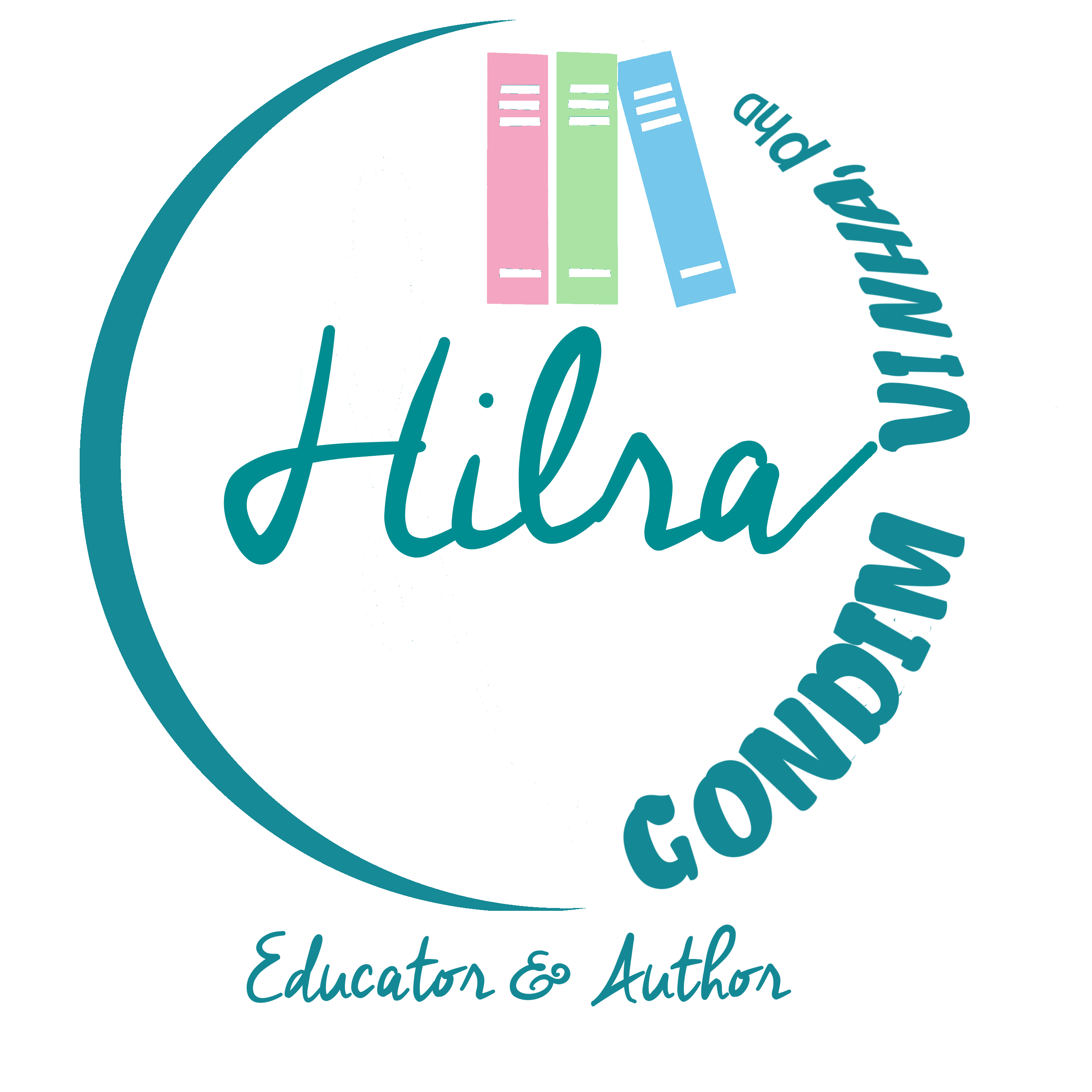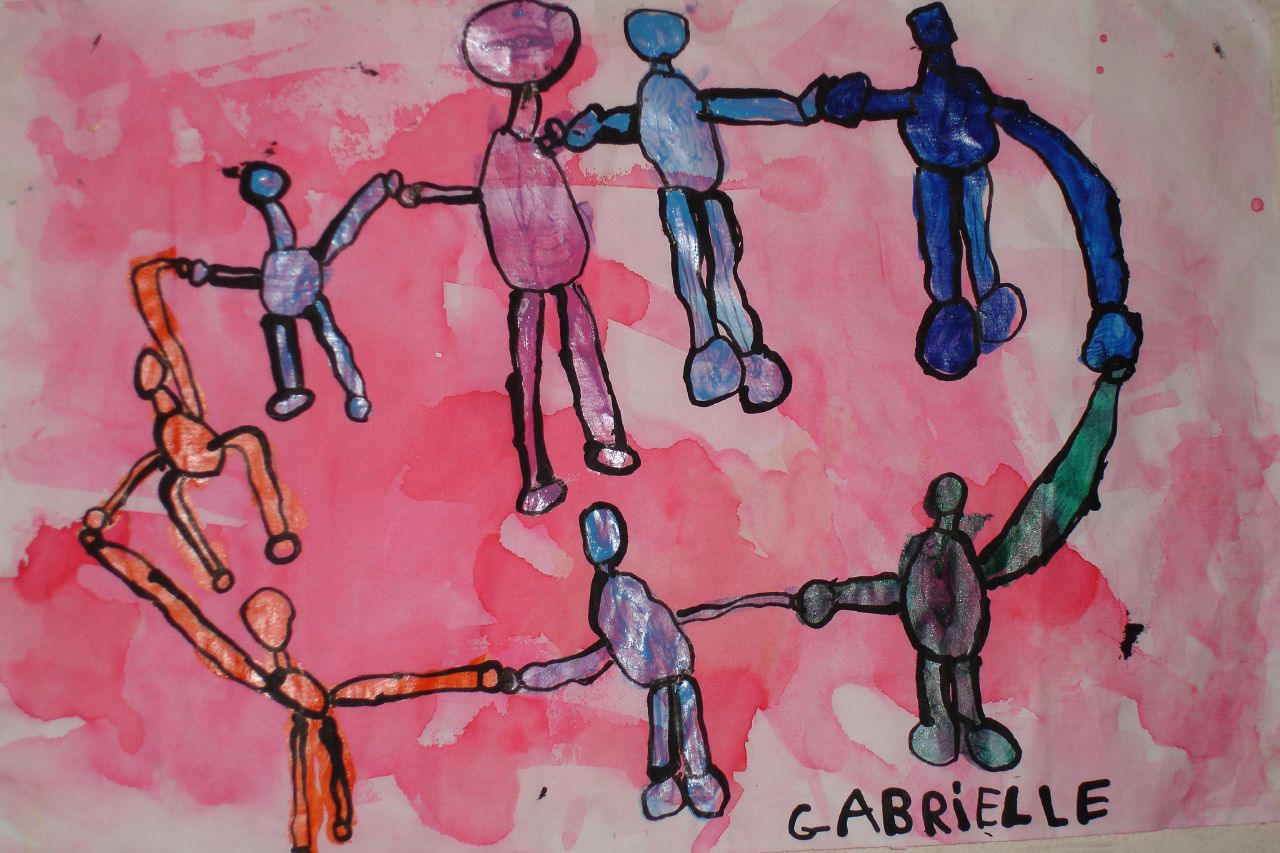Reflections of a PhD student
Major influences
The first and major influence on my thinking about inclusion was a particular ‘special school’ which I used to visit when I was a child, where my brother studied for five years. That school was very receptive with pupil’s family and used to promote all sorts of activities to stimulate their presence at school as much as possible. Parents – mostly mothers – were engaged in a wide range of activities such as courses, seminars, tea parties, while waiting their children to finish their routine tasks. Those mothers were committed not only with their own children but with each others’. Siblings were welcome to participate in most of the activities with their relatives. I was allowed to join in activities such as occupational therapy sessions, water games in the swimming pool, have lunch with the group and participate in the playground activities. In these occasions I engaged more with other children rather than with my brother. I felt as I was one of them. Additionally, the school usually promoted outdoor activities, such as visits to museums, train trips, trips to the beach and to the countryside, and also encouraged special days in small farms, owned by parents who invited their children’s friends to have a barbeque or tea party at their place, hosted by themselves and their children.
My most vivid memories of my childhood are all connected with the sounds, colours, smells (not always nice), constraints and tensions from that encounters. For instance, while most of the children of my generation were prone to be affraid of sitting in a wheelchair – fear usually shared by their parents which were affraid of some sort of bad luck belief – I used to participate in ‘non-authorized’ chair races, sometimes with the ‘connivance’ of some care worker. This kind of experience built my awareness about some dualities in life such as difference/equality, limit/possibility, fear/courage, failure/success and, most importantly, autonomy/dependence.
The second major influence in my thinking about inclusive education was my experience is an educator in mainstream schools, with everything that comes with this, like the evaluation system, classifications, notions of abilities and intelligence, market competitiveness, notions of failure and success and a system which insists in keep all the ‘abnormalities’ out of the sight. The tendency to diminish the differences among pupils, and to exclude or segregate the ‘weak’, the ‘slow’, the ‘unsuccessful’, creates a culture where all the educational efforts are aimed to promote effectiveness in a sense that only ‘some students’ can succeed. I was completely involved in this system, working hard to find better ways to promote that kind of ‘effective education’. However, my concerns with students with some sort of difficulty always inspired me, and teachers’ unawareness and inability to cope with differences always challenged me to encourage a more inclusive culture. At the same time I developed a strong sense of the need to rethink the whole system, and then I started to write manuals aimed to teachers, to help them to question old paradigms of evaluation, classification, use of tests as measurement of children’s abilities, and so on. However, ‘inclusive education’ itself wasn’t part of my concerns at those times. When the first voices talking about inclusion finally reached me, I was dominated by incredulity. It is not possible in this educational system, I thought. At that time I wasn’t aware of all the implications of doing inclusion, but I couldn’t envision such a change in the whole system, mainly in the current educational ideologies.
Reflections on inclusive education
Although my slight awareness of the implications of inclusion suggests me that it is a long and complex road to build and walk on while we build it, I am a believer. At the present time I still regard the richness of my childhood as something I owe to those ‘special people’ – pupils, parents and professionals – that I encountered.Norwich states that “We have come to the conclusion that with the current dominant conception of effectiveness, we cannot say, yes, effective schools are inclusive ones. We have shown that this is partly to do with contemporary definitions of effectiveness as non-inclusive of the full diversity” (Norwich, 1999 in p. 109) and I am seduced by the idea that contemporary paradigms urge to be instigated by new ideas and new findings, which can bring evidence of how ‘diversity’ can enhance all involved.
Answering to Peter Clough in his book Theories of Inclusive Education



